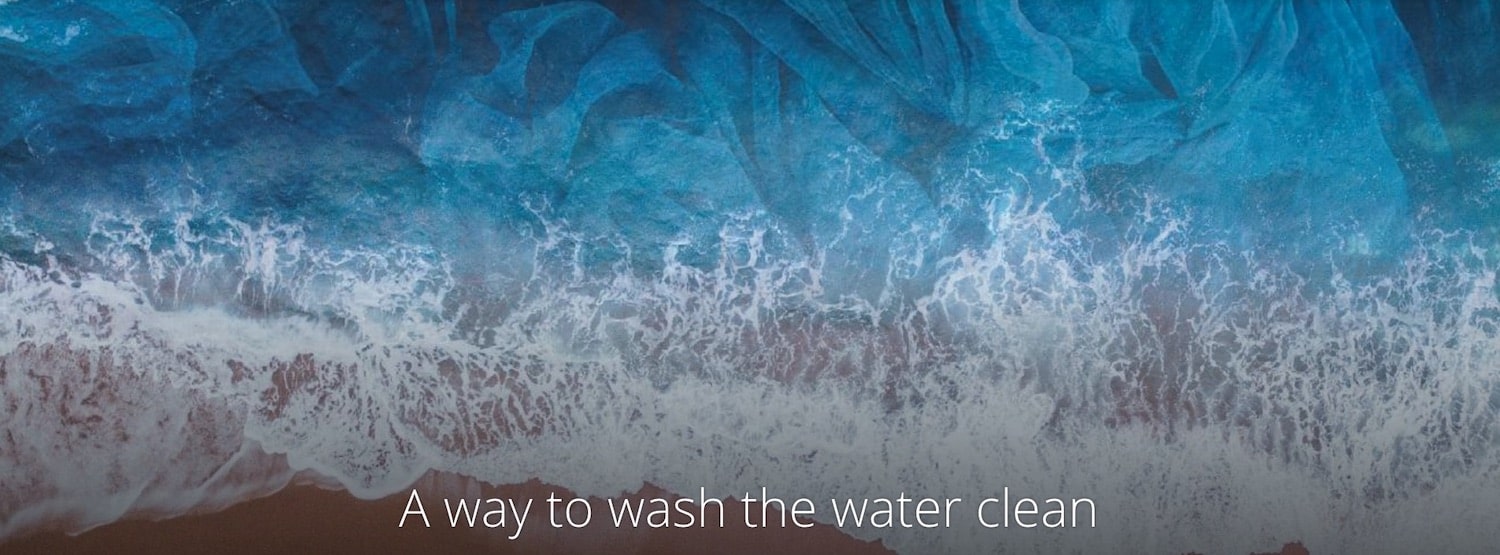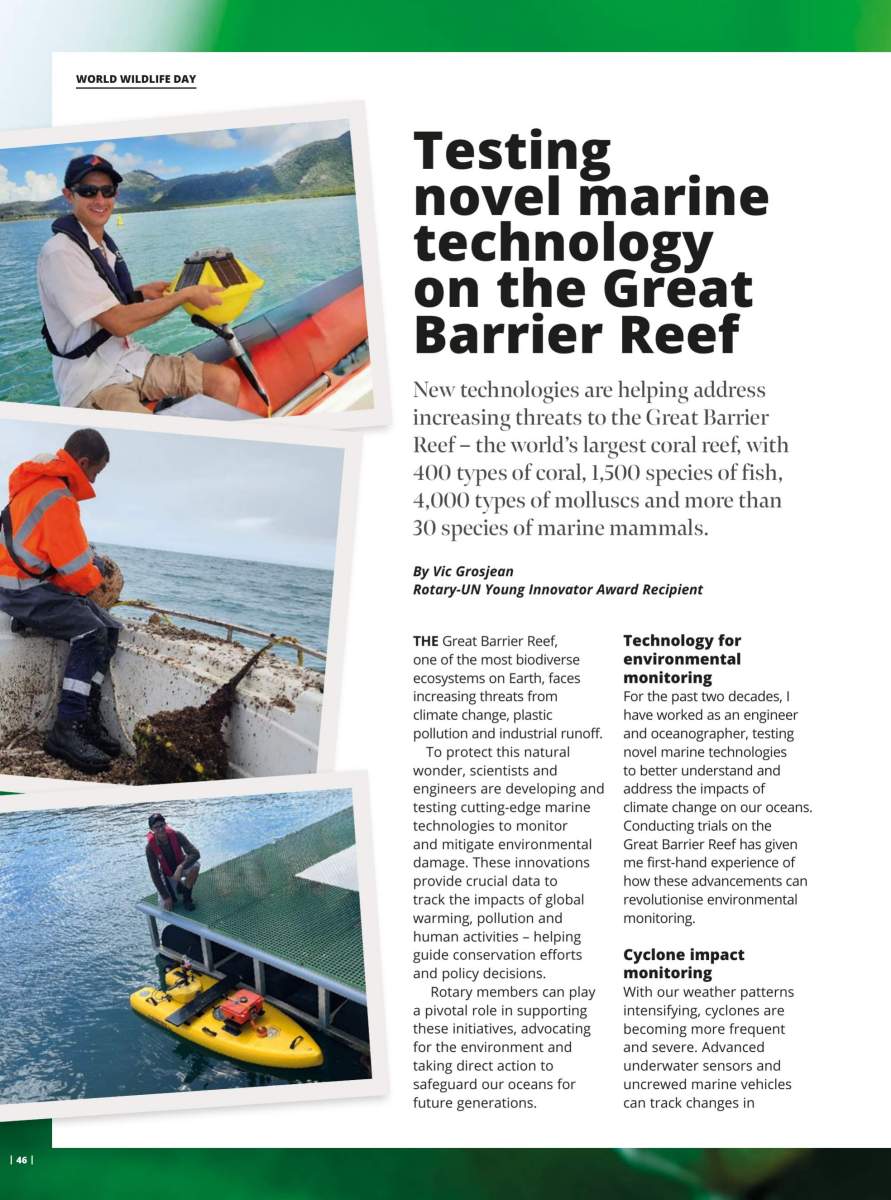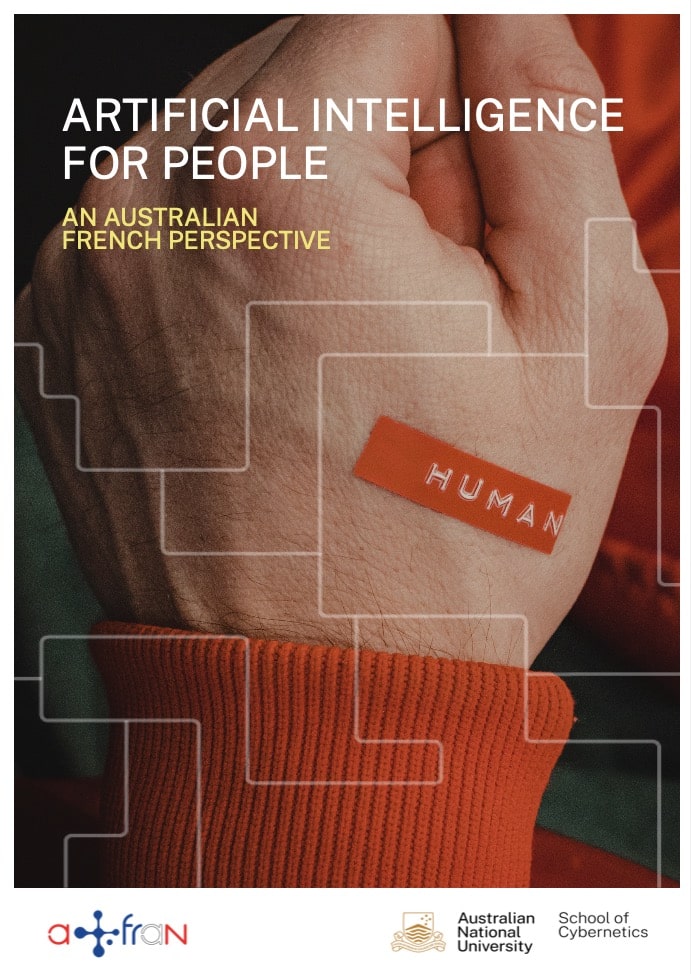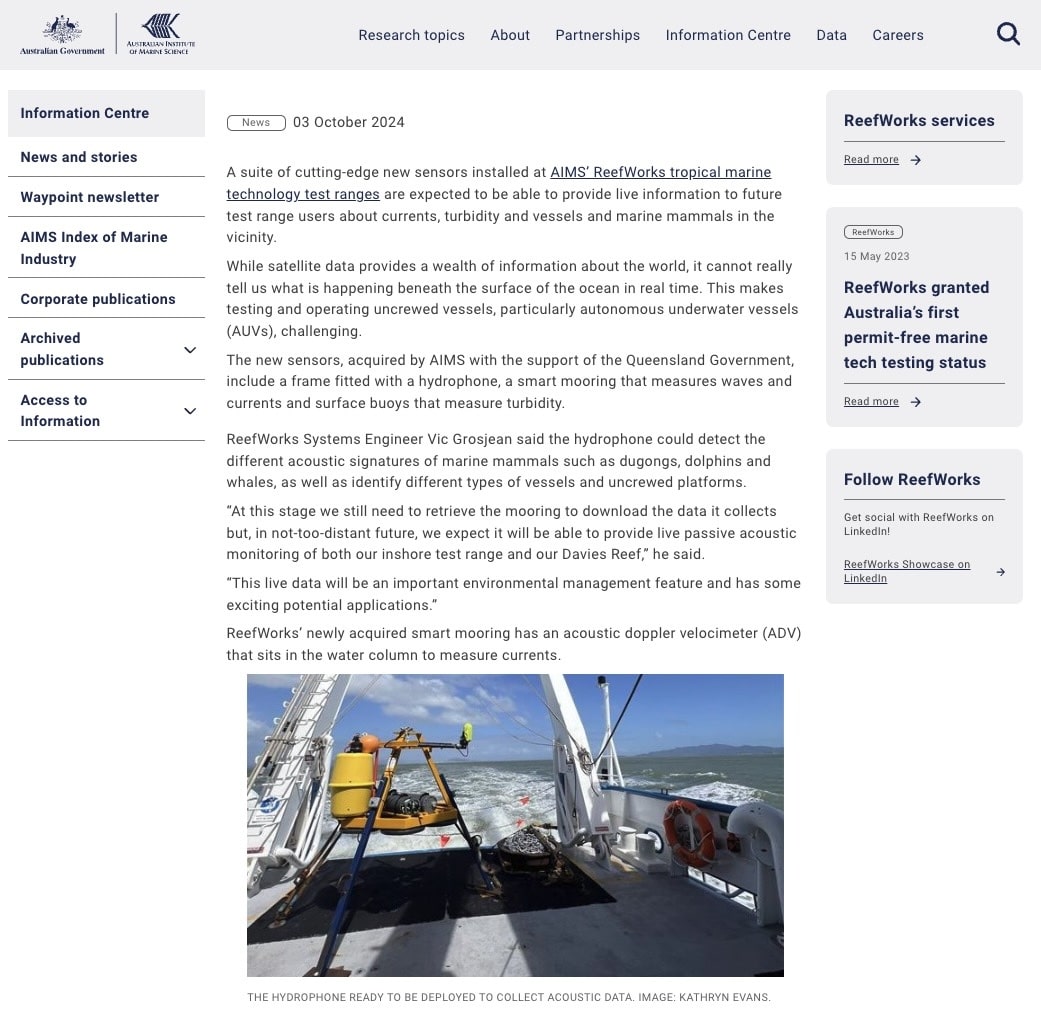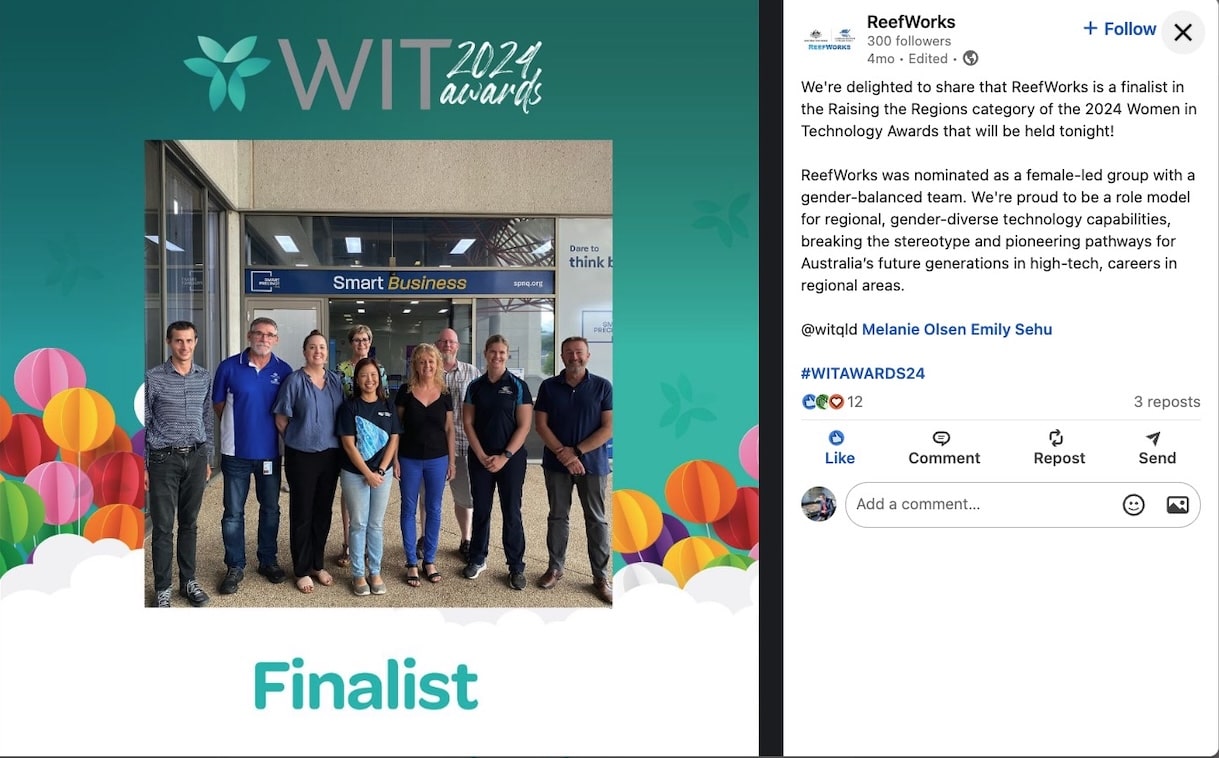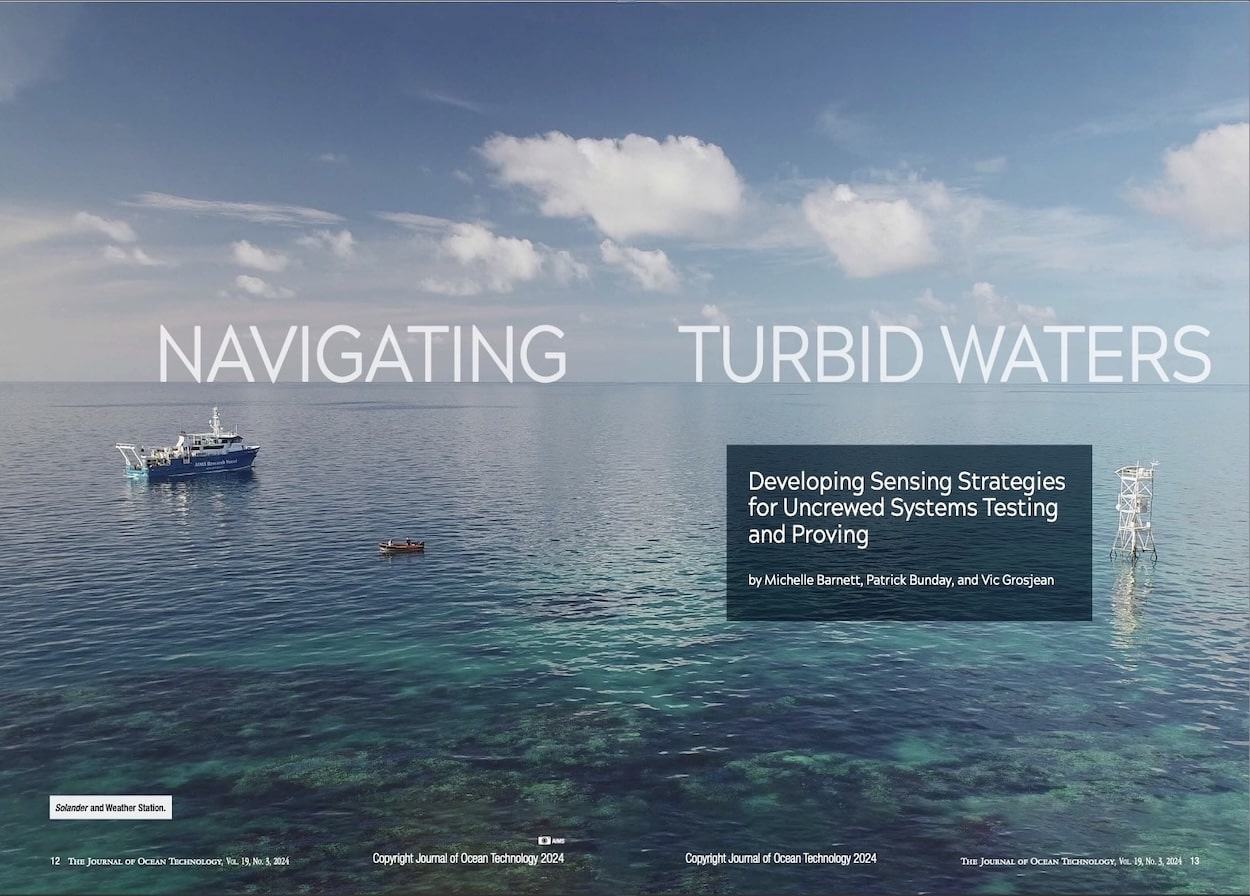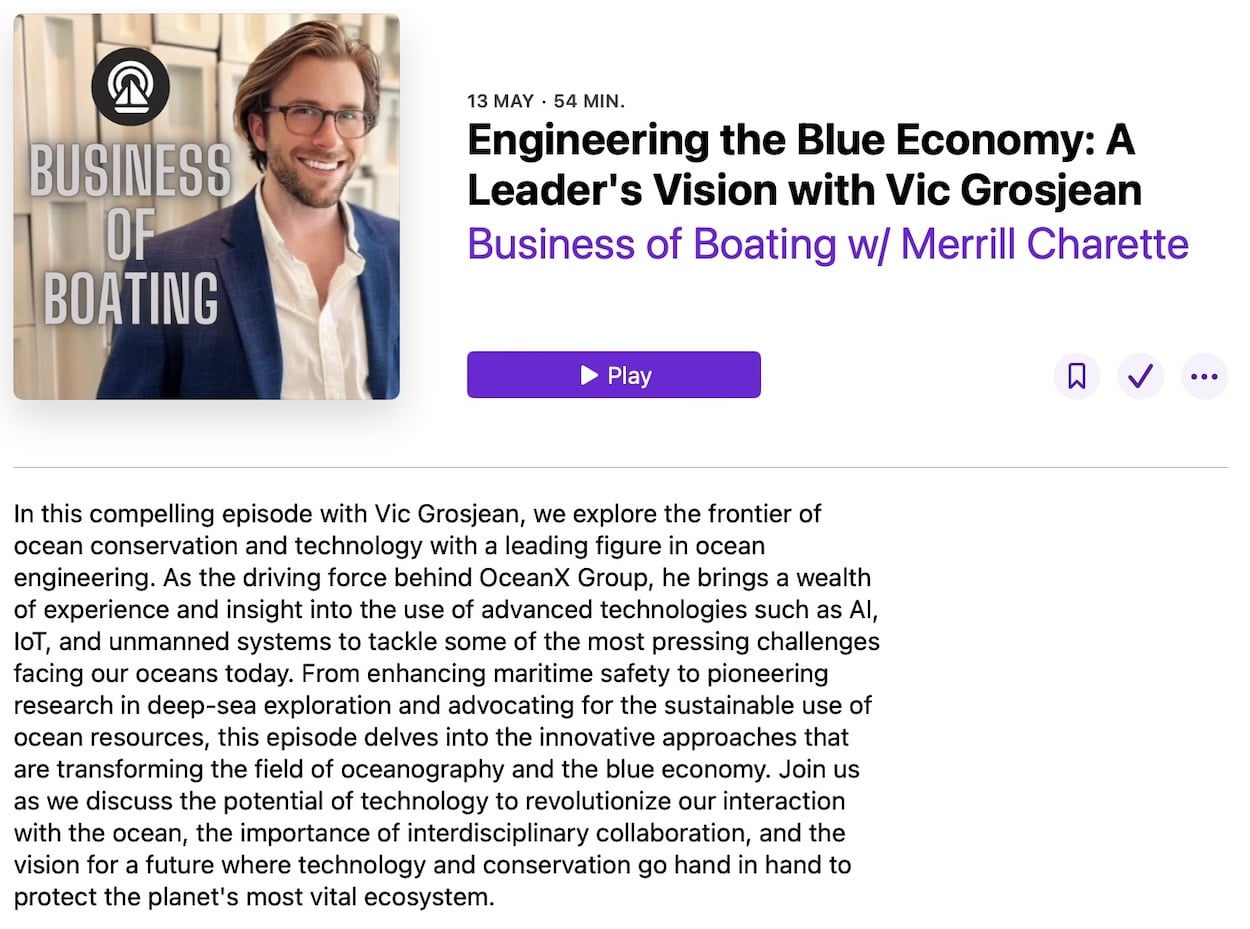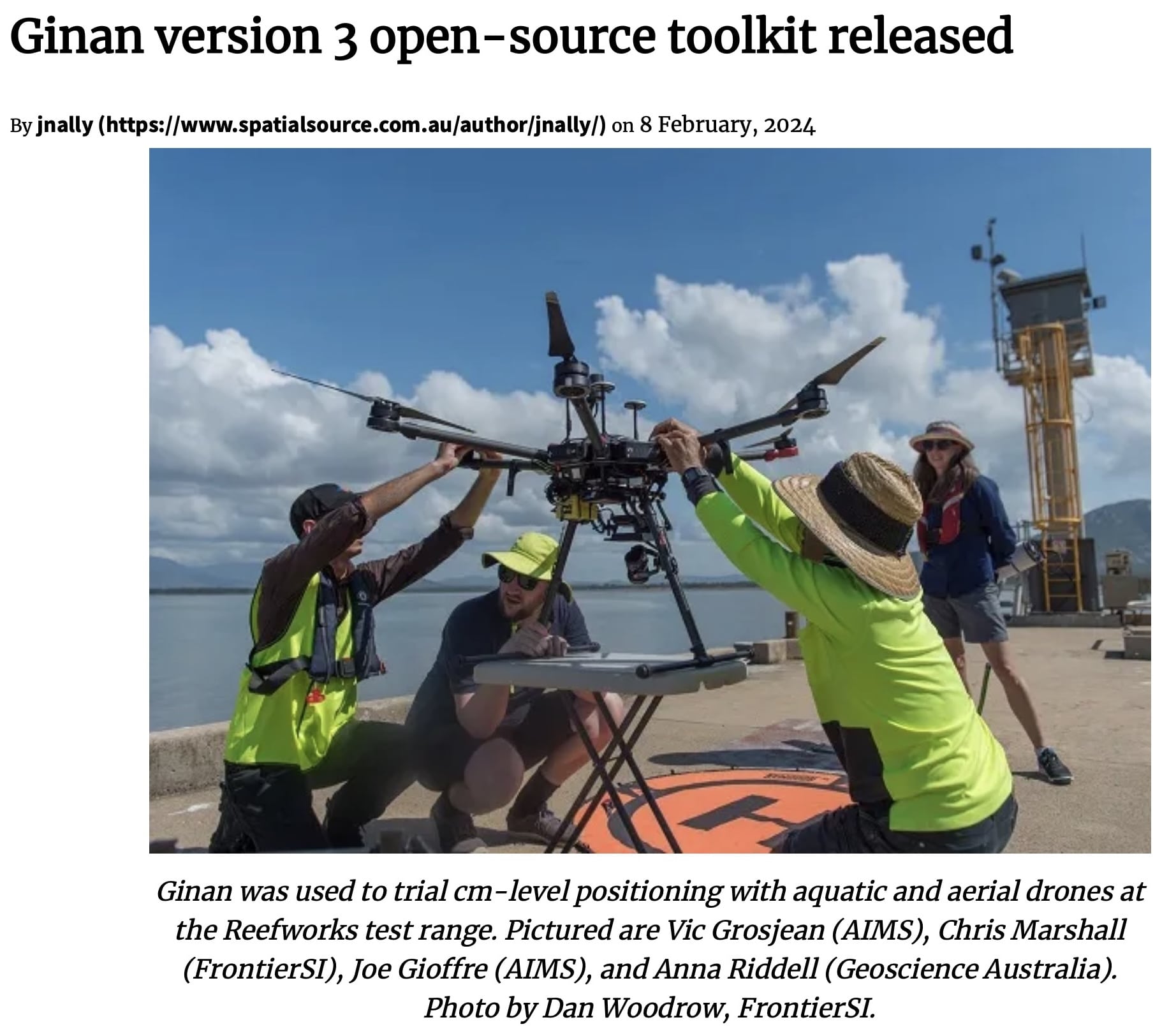| FOR IMMEDIATE RELEASE |
6, April 2020 – Rotary Environment & Sustainability – Plastics in Rivers & Oceans
Vic Grosjean wants to get the plastic out of our oceans — starting with our rivers
From his home in southeastern Australia, Vic Grosjean is sounding the alarm. “There are 8.8 million tons of plastic dumped into our oceans every year,” he says. “By 2050, there will be more plastics than fish in our oceans if we do not reverse the situation. Removal is critical, but the solutions start elsewhere.”
That’s because, as a 2017 study revealed, a substantial portion of the plastic that ends up in oceans travels there via rivers — up to 3 million tons annually. Shut down that plastic highway and you’ve made a significant contribution to cleaning up the oceans.
That’s where Grosjean, 31, proves himself more than a mere alarmist. An oceanographer with multiple advanced degrees, he was named one of Australia’s most innovative engineers in 2019. In November 2018, when Rotary Day at the United Nations was held in Nairobi, Kenya — the headquarters of UNEP, the United Nations Environment Programme — Rotary honored Grosjean, a member of the Rotaract Club of Melbourne City, as one of six young innovators.
But for Grosjean, the awards are secondary. More interested in solutions than salutations, he’s focused on eliminating the massive accumulation of plastics and other pollutants that threaten the oceans. Which brings us back to the world’s rivers, or, more specifically, to the Niger and Nile in Africa, and the Amur, Ganges, Hai, Indus, Mekong, Pearl, Yangtze, and Yellow in Asia. According to that 2017 study, those 10 rivers account for about 90 percent of the tons of plastic trash that rivers carry into the oceans. “If we can detect and collect that plastic while it’s still drifting, we could make a huge difference,” Grosjean says.
The young innovator thinks he knows how that can be accomplished, but he also understands he can’t do it on his own. To bring his ideas to fruition, he needs new technologies, financial backing, and a worldwide web of assistants as zealous as he about preserving the planet’s natural resources. Grosjean is already at work on the technology, and he’s not shy about soliciting the funds he needs. And that global army of environmentally concerned volunteers? That’s where Rotary comes in.
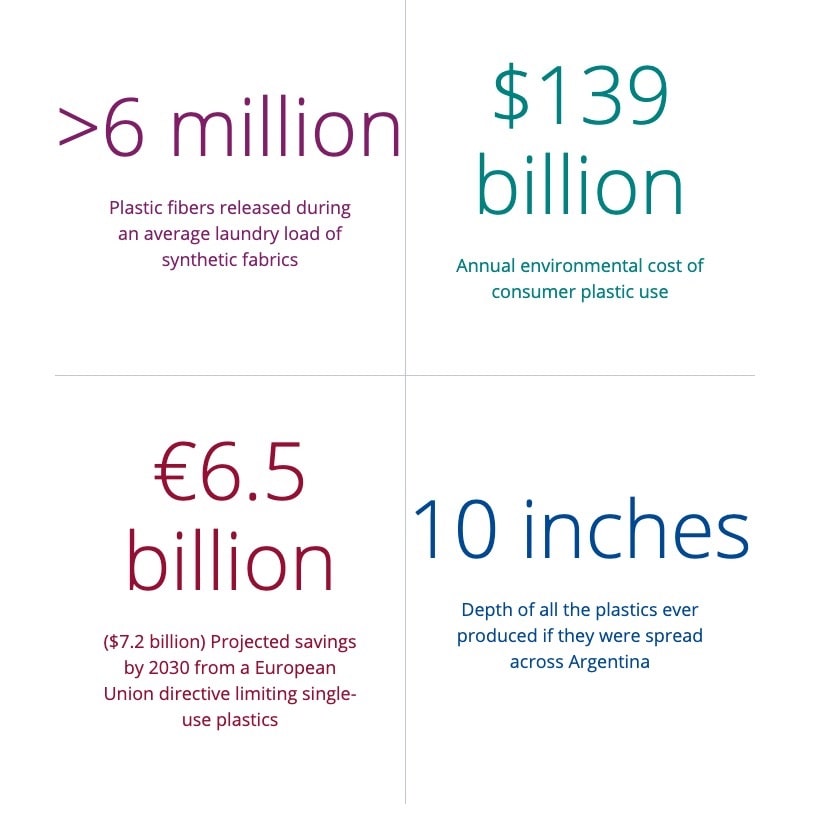
Raised in France, Grosjean moved to Australia in 2013, where he is the founder of and principal consultant for OceanX Group, a Melbourne-based business that provides consulting services for water-related technologies. It’s Grosjean’s responsibility to set up sensors that monitor environmental activity. “For instance,” he explains, “when you plan to dredge in a harbor and you want to know if that’s going to impact the reefs and marine life, you install an array of data buoys with computerized probes that send back information on turbidity and temperature and so forth. You specify the parameters and monitor to see if there are changes due to human activity.”
While Grosjean makes a living from his work for OceanX Group, he relies on contributions (from himself and others) to fund Ocean CleanX, his anti-plastic campaign that combines technology and crowdsourcing. “The project is linked to Rotary,” he says, noting that Ocean CleanX was included as a resource in the handbook created by the Environmental Sustainability Rotarian Action Group (ESRAG) for World Environment Day last year. “I can help to get Rotarian projects launched,” he says.”
Read more:
‘A way to wash the water clean’, April 2020 issue, 6 April 2020, by Stephen Yafa, on ‘The Rotarian magazine’, Vic Grosjean wants to get the plastic out of our oceans — starting with our rivers.
- https://www.rotary.org/en/way-to-wash-water-clean
- https://www.rotary.org/en/welcome-to-plasticville
- https://www.rotary.org/en/round-trip/
Join the conversation and help us clean our oceans!
